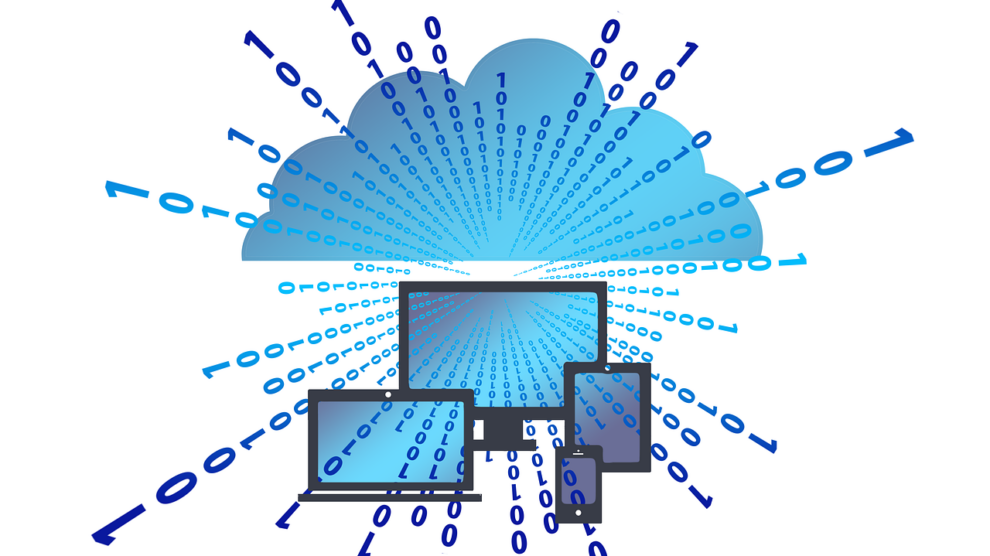Now that we’re living in a technologically advanced era, being digital is no longer a nice-to-have. In the past decade, countless tools have emerged and transformed the way businesses manage their operations. Unlike before, when employees had to rely on analog methods, the arrival of digital applications has made work more efficient.
One of the biggest innovations is the cloud-based enterprise resource planning (ERP) system. Designed to improve one’s daily efficiency, it’s a bundle of highly-capable applications that can be accessed on the internet.
These tools can perform various tasks such as automating data collection, providing real-time reports, and more. Ultimately, this can reduce workload and paves the way for better collaboration among teams.
If you’re looking to boost your productivity during this period, then you should invest in ERP. Taking the pandemic’s impact into consideration, it’s likely that many of your company’s business units have been forced to adopt a remote working setup. Luckily enough, the tools you acquire from your ERP vendor will enable you to adjust and resume operations with ease.
If you want to know how CLOUD ERP is changing your business and the world, let’s discuss its several benefits.
1. Accessibility and Convenience
One of the main upsides of cloud ERP is its accessibility. As long as your employees have a strong connection to the internet, they can access the tools and information they need with just a click. In case your employees are always on the go, they’ll be glad to know that it’s optimized for multiple devices, making it a mobile-friendly solution.
At the same time, updating your cloud ERP system can be done in a breeze. Traditional ERP systems will require your IT team to install regular updates. Considering the constraints that come with the pandemic, physical interaction and being on-site can make updates impractical and inconvenient.
Cloud ERP updates are done remotely, and providers are quick to patch up any performance issues. Thanks to its swift implementation, this will save you more time and effort.
2. Customized and Cost-Efficient Solutions
As you start canvassing for Cloud ERP providers, you will come to realize that cloud ERP prices are generally flexible.
Providers may offer specific packages, but you can have customized plans after you’ve consulted with them. You can often get a simplified and personalized ERP environment or dashboard for every user within the organization, readily providing the information they need when they need it.
Having the convenience to scale your plan hits two birds with one stone: it helps you navigate tough financial situations and gives you the tools you need to perform your daily tasks. Cloud ERP systems also have no hidden expenses, so you can plan your payments seamlessly.
3. Eliminate Physical Infrastructure
Traditional IT solutions will require you to invest in heavy-duty equipment. This will mean setting up a dedicated server room in your office and paying for maintenance costs regularly.
Cloud ERP is a green and budget-friendly solution since it completely eliminates the need for physical infrastructure. Since your employees will only need a reliable internet connection, you’ll have more flexibility with your budget by saving on electricity, utility bills, and other overhead expenses.
In turn, the extra cash you get will improve your bottom line and let you develop other aspects of your business.
4. Fortified Security
Managing data through the internet poses its fair share of risks. Hackers are working tirelessly and always on the lookout for new ways to siphon your information.
Companies store and collect essential customer data such as contact details and credit card or social security numbers, and a data breach can be consequential in several ways. Apart from ruining your image, the hefty fines and penalties that come with being hacked can mean the end of your business.
Cloud ERP providers recognize the importance of data privacy and place security as one of their top priorities. They use tools and techniques, such as end-to-end encryption, to protect your data from unwanted attacks. Once your cloud system has been implemented, you can also gain complete control over who in your team can access your company’s sensitive files.
Some providers also utilize an Application Programming Interface (API) to connect the technologies within an organization—whether they are on-site or in the cloud—securely, determine whether inputted requests have the appropriate permissions, and control which data can be requested and how it is received.
APIs not only allow flexibility of integration with other applications (and even other ERPs), they can support your data security whilst doing so, including potential to detect fraud when identifying the presence of anomalies in customer or internal sales orders, requisitions during a workflow and notifying relevant personnel immediately.
5. Makes Remote Work Easy
It’s safe to say that remote work has become the new standard. Even after the pandemic has passed, you can expect companies from various industries to remain with this setup in the long run.
Fortunately, cloud-based applications are more reliable than ever.
With the use of shared drives and data tracking features, your employees will be able to handle different tasks more efficiently, whether for finance, real-time reporting, managing sales, etc.
6. Reliable Support Lines
To make sure that you’re getting the most out of your investment, most cloud ERP vendors provide round-the-clock support. Efficiency is everything in this day and age, and encountering a technical issue is a big hassle.
For a smooth and seamless experience, ERP providers’ customer service lines offer a range of support options, including 24/7 support, depending on your investment. There may be some level of support that already meets your needs and is included in your agreement.
Adopt a Cloud ERP System Today
With these benefits in mind, investing in a cloud ERP system will do much to improve efficiency and costs and manage remote work challenges even in industries with demanding physical presence such as manufacturing.
By giving you tailor-fit solutions at a cost-efficient price, the convenience and tools you’ll acquire can revolutionize the way you approach productivity. And by easing workload, encouraging collaboration, and improving output quality, utilizing ERP solutions will help you drive your business forward.





